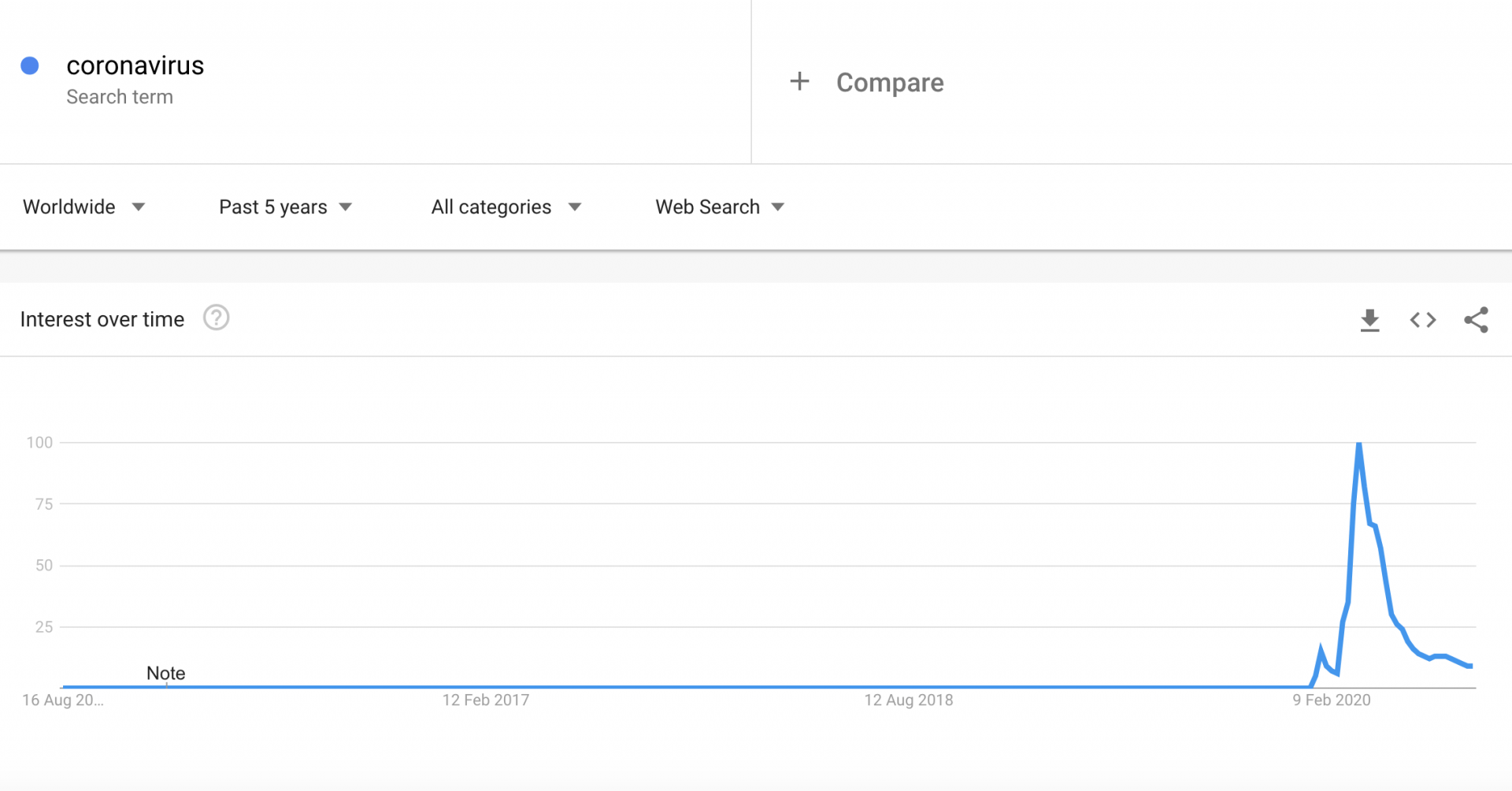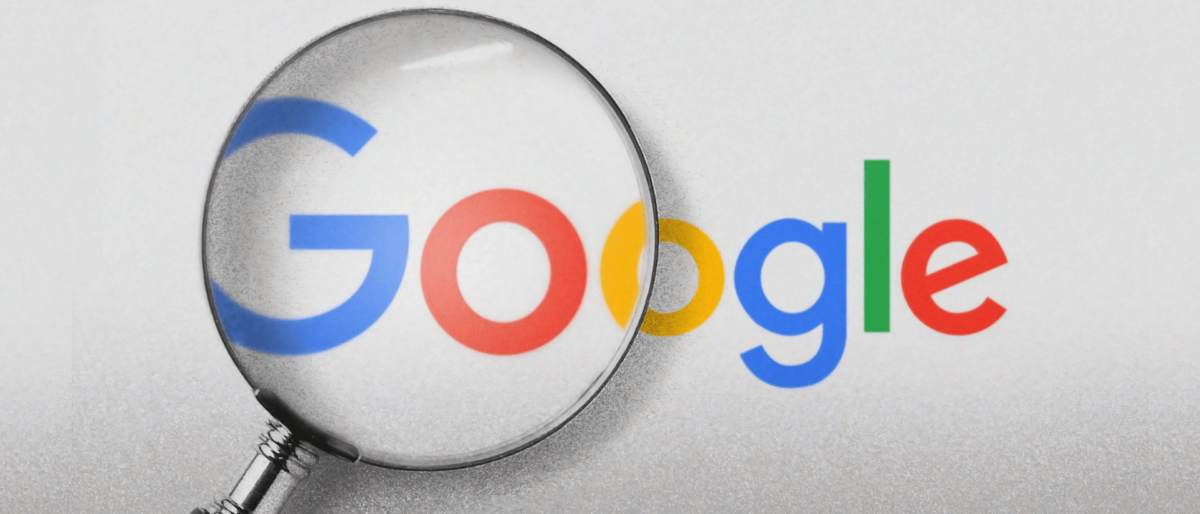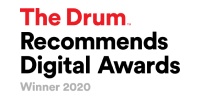What are google keyword match types?
Simply put, Google Ads keyword match types are a way for us humans to tell the Google search engine how and when we want our ads to show for a users search query. It’s important to know the differences in keyword match types as there are a number of ways they affect the way your campaigns will run.
Below you’ll find a comprehensive guide to Google Ads keyword match types.
Why are keyword match types important?
It is vital to a PPC campaigns performance that the correct match types are used to target search terms. Incorrectly targeting your audience will directly damage your ROI. When using different keyword match types you need to consider your target audience on Google search.
The largest consideration that should play a part in which match type you select should be where is that target audience in the customer buying cycle. Are they close to the conversion stage or are they still in the discovery stage? If they are in the discovery stage how likely is it that they know exactly what it is they’re looking for? If they’re closer to the conversion stage they already know what they want, now they just want the best version of what they want.
You should also use a combination of these match types in your Google Ads account. Depending on where your campaign is in terms of targeting search terms will usually determine which match type is the most suitable.
What keyword match types are there?

Broad Match
By definition, broad match is going to match your keywords to the broadest possible amount of search queries. This will include misspellings of your keyword, plural/singular versions, related search terms and synonyms. It is the default match type in Google ads when you set up a new campaign. So if your keyword is ‘women’s hats’, someone searching for ‘buy ladies hats’ or ‘women’s scarves’ might see your ad.
When to use broad match?
You should use broad match keywords for further keyword discovery and traffic grabbing. What I mean by that is that broad match is not a conversion focused match type. Due to its nature, you will often receive irrelevant and sometimes costly clicks, these can be mitigated somewhat with effective use of negative keywords. Broad match is mostly used when the relevant search terms are unknown to the advertiser/when the advertiser wants to find new search terms to target or simply when the advertiser’s campaign goal is focused on acquiring clicks or traffic to the site.
Advantages of Broad Match
- Highlights potential search terms to target with other match types
- Reaches the broadest audience
- Easiest targeting match type to set up
- CPC’s tend to be cheaper
Disadvantages of Broad Match
- Often brings irrelevant clicks
- Can be costly
- Conversion rates are usually much lower than other match types
Broad Match Modifier (BMM)
This is similar to broad match except it allows you to retain a bit more control over where you spend your budget. To create BMM keywords you need to add the + symbol in front of your keywords. I’d recommend that you only put this symbol in front of the keywords that most accurately describe your product or service.
BMM ensures that your ads only show in searches that include the words you’ve marked with a plus sign, such as +green +sheds, or close variants of these terms. For example, if your keyword was +green +sheds your ad would show for search terms such as “buy green garden sheds uk” or “sheds that are green for sale” but it wouldn’t show your ad to someone searching with the term “red sheds”. This is contrary to broad match which would show for this term.
The extra level of control that BMM gives you helps you keep your budgets focused on people you actually want to target.
When to use BMM?
For effectively the same reasons as the broad match keyword type, keyword discovery or for a click/traffic focused campaign. I would argue that BMM is much more effective at helping you find relevant additional keywords to target than broad match, in fact this is largely its unofficial purpose within the PPC community. You should still keep in mind that although it is a more focused form of broad match it is still a broad match type so you will often still see irrelevant searches and potential pay for irrelevant clicks.
Advantages of BMM
- Aids keyword discovery better than broad match
- Naturally filters out more irrelevant terms than broad match so better CTR’s
- Still reaches second highest amounts of searches of all match types
Disadvantages of BMM
- Still can bring irrelevant traffic
- Can still be costly
- Not a conversion focused keyword match type
Phrase Match
Phrase match matches your keywords to the specific search phrase specified or close variations of that phrase, it may include words before or after providing they do not alter the meaning of the phrase. To create a phrase match keyword you need to use quotation marks around the keyword. For example “boxing gloves” would show your ads for searches like “mens boxing gloves” “red boxing gloves” or “buy boxing gloves online” but not for searches like “mens boxing shoes” “boxing hand wraps” or “what boxing gloves to boxers wear”.
The biggest benefit to using phrase match is that it offers more flexibility than exact match but with a lot more constraint than broad match & BMM keyword match types. Phrase match is a conversion focused match type but with an element of additional keyword and audience discovery to it. You can run phrase match keywords and discover a search term that performs really well that isn’t specifically being targeted in your campaign, however that search term will not be a million miles away from the keyword you’re targeting that generated that traffic in the first place. It will most likely be a close variant of that phrase that you see better CTR (click through rates) or better conversion rates for.
When to use phrase match?
When you want to drive conversions but still allow ad budget for wider relevant traffic or when the word order is important, if the order of the words in your keyword change the meaning of the phrase then phrase match is indispensable for removing that irrelevant traffic. For example “lake district tours” instead of “district lake tours”.
Advantages of phrase match
- Indispensable for sorting irrelevant traffic based on word order
- Conversion focused match type
- Helps eliminates the risky, sometimes costly traffic that broad match types often attract
Disadvantages of phrase match
- Doesn’t completely eliminate all irrelevant traffic
- Lower volume of traffic compared to broad match types
- Doesn’t allow for interpretation search terms that could be beneficial to the campaign
- CPC’s can be high
Exact Match
Exact match, as its name suggests is the most restricting keyword match type. It is the match type that you should use once you have nailed down your target audience and know what search terms you want your ads to show for. Exact match keywords are defined with square brackets around them like this [hallam internet].
Now exact match isn’t completely exact, it will allow for close variations of the keyword so it can still allow you to discover new keywords that could be beneficial and with this, it still has a risk to bring irrelevant traffic. However, for both of these factors exact match is the least likely keyword match type to do this.
When to use exact match?
When you know the exact search term you’re trying to target and already have or don’t need to discover new keywords to target in that campaign.
Advantages of exact match
- Attracts traffic of highest relevance
- Protects budget by almost completely eliminating irrelevant searches
- Improves quality score and ad relevance more than other match types
- Highest conversion focus of all match types
Disadvantages of exact match
- The highest CPC’s will come with exact match
- Really limited reach
- Can sometimes miss keyword opportunities due to limits on keyword variants
Negative Match
Negative match keywords are keywords you do not want to your ads to be shown for. You would (and should) use negative keywords to filter out traffic that you do not want to show your ads for by adding these keywords with a minus sign in front of them. You can upload negatives in bulk or one by one.
When to use negative match?
The simple answer is always. You should always use some form of negative keyword strategy to protect your ROI. The reason for this is no matter how targeted your campaigns are on a keyword level you cannot predict what a user will search for. Google searches change all the time, a prime example of this is coronavirus, for the last 5 years that wasn’t even a Google search term, this year it’s one of the most searched for terms on Google search.

The landscape of Google search is ever-changing, and what wasn’t relevant yesterday may be relevant to your keywords today which can affect your campaigns in both positive and negative ways.
Key takeaways:
- The match type you select determines how broad or narrow your keyword reach will be. Broad match has the highest reach but the least relevant searches, exact match has the most relevant searches but the lowest reach.
- The narrower the targeting of a match type the higher the average CPC’s will usually be.
- Regardless of what match types you use you should use negative keywords in your account.
- Use a combination of match types.
Hopefully, this has helped you understand the differences in the Google keyword match types.
We would love to know which keyword match types you’ve had the most (or least) success with so why not fire us a message below.
Have you found this article useful?
Get Team Hallam's expert advice and guidance straight to your inbox once a week.







